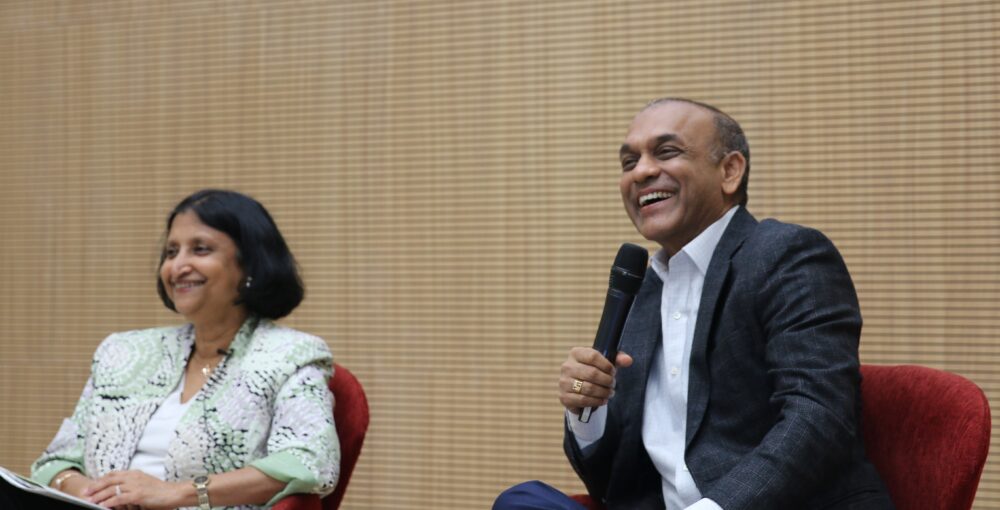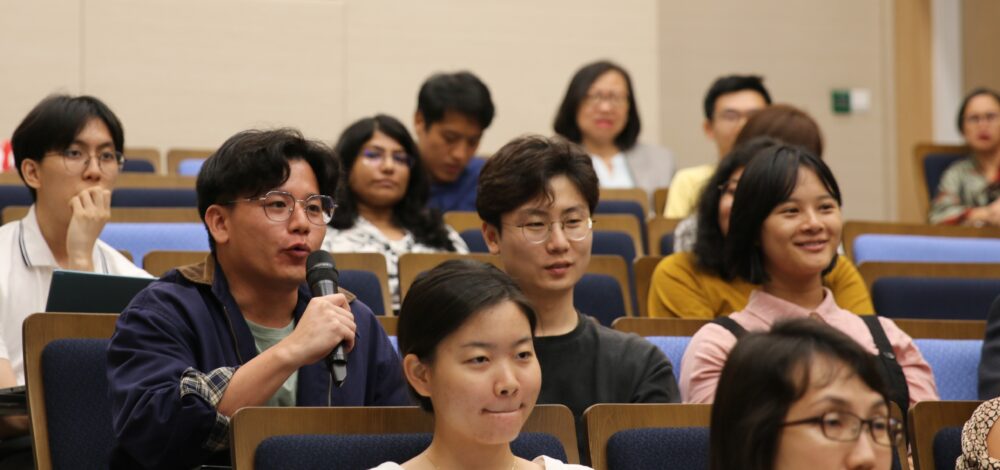There may be an estimated 600 million people living in extreme poverty by the end of 2030, and economic shocks in the past three years due to the pandemic, war, and climate change are affecting poverty reduction efforts.
There is also “learning poverty”, said Ms Anshula Kant, Managing Director and Chief Financial Officer, World Bank Group at a recent talk at the National University of Singapore (NUS).
“Today, the estimate is that almost 70 per cent of children aged 10 years old in emerging markets and developing countries cannot read a simple story and comprehend it effectively.” As a result, these children may face lifetime learning losses in future.
Sobering as these issues are, there is hope yet in harnessing the power of capital markets for sustainable development – a concept that was explored at a recent talk jointly organised by NUS Business School and NUS Sustainable and Green Finance Institute (SGFIN).
Not just help, but sustainable help
The World Bank Group plays an instrumental role in global sustainable finance, aiming to end extreme poverty and promote shared prosperity through financing and knowledge transfer to its 189 member countries.
One way it does this is by providing loans and grants to middle- and lower-income countries respectively, via two of its institutions, the International Bank for Reconstruction and Development (IBRD) and the International Development Association.

A light-hearted moment during the Q&A session by Ms Anshula Kant (left) and moderator Professor Sumit Agarwal.
While it is important to fund the development of countries, how it is done matters too. “Development is necessary, but it has to be done in a sustainable manner,” said Ms Kant.
This is especially so because climate change has rendered the poorest countries most vulnerable.
“What we are trying to do is adopt a whole-of-economy approach, to find pathways for growth in all sectors, pathways which are climate-friendly and have a low carbon footprint,” she told the 70-strong audience gathered at the Innovation 4.0 building in NUS.
To achieve this, the World Bank assesses the project’s short- and long-term risks to the environment, and determines carbon emissions at appraisal before loans are approved.
The group, set up in 1944 and consisting of five institutions, also taps the green bond market. IBRD leverages the resources from shareholders by issuing sustainable development bonds in capital markets. Based on its experience in issuing green and sustainable bonds, it also offers advice and technical assistance to governments and official institutions to nurture an environment for sovereign green, social, or sustainable (GSS) issuance.
Ms Kant believes that with more reporting and disclosure, more investors will be incentivised to join the sustainable investing landscape. This will provide a fillip for the GSS bond market, which represents just close to 3 per cent of the global bond market.

Students who attended the talk were keen to tap on Ms Kant's insights into sustainable financing for the future.





